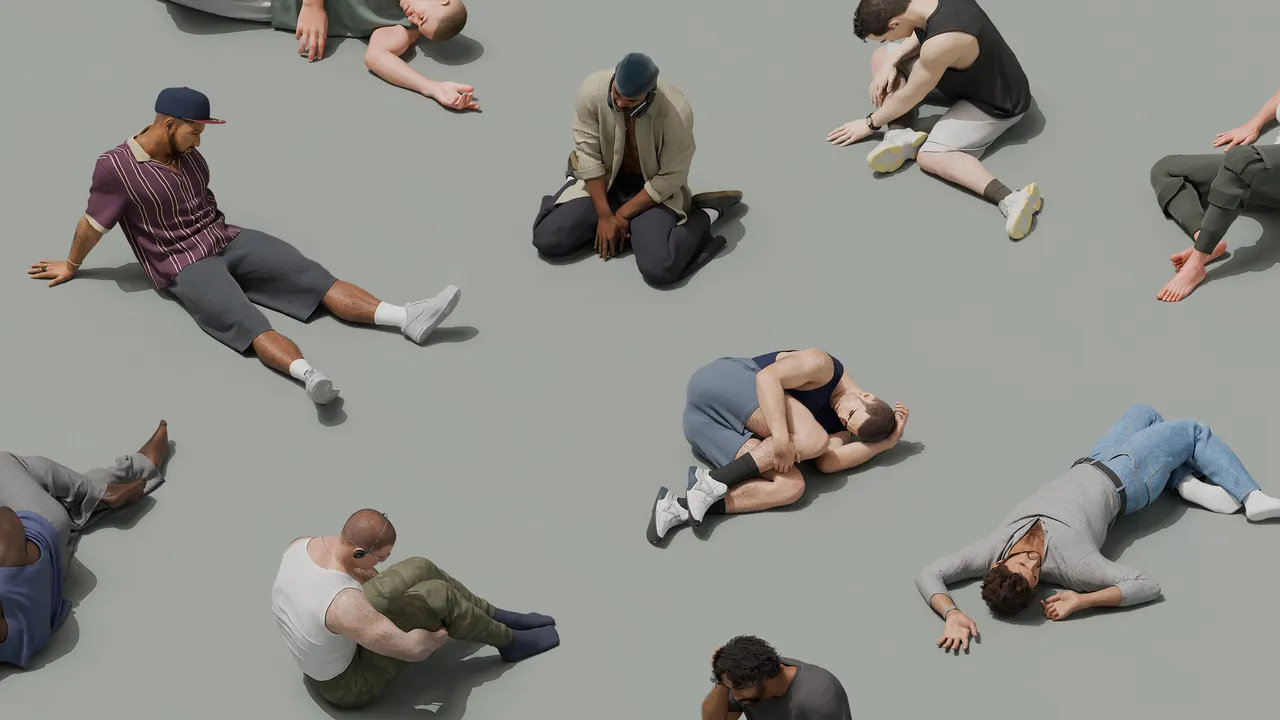Modern Masculinity: Navigating Identity and Family Dynamics
Galloway’s Perspective on Masculinity
In recent discussions, George Galloway has redefined masculinity, presenting it as a fluid state of mind rather than a rigid binary. In his podcasts and writings, including “Notes on Being a Man,” he argues that masculinity is accessible to both men and women, making it challenging to pin down. This perspective suggests that many men grapple with an ingrained belief that they should hold a superior position in the social hierarchy, albeit less pronounced than in the past. This belief, whether conscious or not, remains a significant barrier that society must address for collective progress.
The Gendered Experience of Degradation
Pundits are increasingly urging society to recognize the systemic challenges women face, which often manifest as feelings of being undervalued and overlooked. Women frequently navigate a landscape where they are underpaid and their ambitions are stifled—experiences that men typically do not encounter. The term “female-coded” highlights how societal roles and expectations can shape perceptions of rights and opportunities. For instance, while many Gen Z women support abortion rights, political strategies may still lean towards anti-abortion candidates in conservative regions, reflecting the gendered valuation of rights.
The Role of the Nuclear Family
Galloway emphasizes the traditional nuclear family structure, where the mother often assumes the nurturing role while the father serves as the authority figure. He notes that boys may begin to tune out their mothers over time, raising questions about the dynamics of parental influence. This perspective invites further exploration into how boys develop their identities and the societal expectations that shape their relationships with both parents.
The Crisis of Fatherhood
In his book “Of Boys and Men,” Brookings Institution fellow Richard Reeves draws on the insights of the late British sociologist Geoff Dench, who argued that men often require the status of primary provider to remain engaged in family life. While Reeves critiques the notion of a return to traditional patriarchy, he acknowledges the challenges men face when stripped of their conventional roles. With a significant number of households now led by female breadwinners, the question of fatherhood’s purpose becomes increasingly relevant. Alarmingly, studies indicate that a substantial percentage of non-resident fathers have minimal contact with their children post-separation, highlighting a growing detachment that warrants attention.
Conclusion: Rethinking Masculinity and Family Roles
The evolving discourse around masculinity and family dynamics underscores the need for a nuanced understanding of gender roles in contemporary society. As traditional structures shift, both men and women must navigate new expectations and responsibilities. Addressing these complexities is crucial for fostering healthier family relationships and promoting gender equality.
In summary, the conversation surrounding masculinity is not merely about redefining roles but also about understanding the emotional and social implications of these changes. As society continues to evolve, it is essential to engage in open dialogues that challenge outdated norms and embrace a more inclusive perspective on gender identity and family life.

